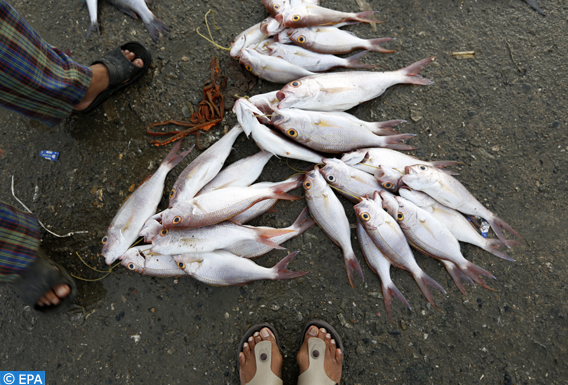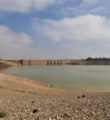Poland-Germany: Toxic Algae Suspected of Mass Fish Die-Off in Oder River
Warsaw – Toxic algae are the most likely culprit behind mass fish deaths in the Oder river near the border between Poland and Germany, authorities in both countries said Monday.
The tests carried out so far have confirmed the presence of the prymnesium parvum toxic algae, Polish Deputy Environment Minister Jacek Ozdoba wrote on Twitter.
Germany’s Environment Ministry spokesman Andreas Kübler said that the fish deaths could have – as suggested by Poland – been partially caused by toxic algae in the water.
Experts from the Leibniz Institute and the University of Vienna believe that a “mass development of toxic brackish water algae could have contributed to the fish deaths,”he told a regular press conference in Berlin.
The microorganism, also known as “golden algae”, is common in estuaries and normally grows in brackish waters with lower salt content than the sea.
According to experts, the high level of salinity could have been triggered by low water levels and high temperatures.
Berlin and Warsaw are trying to establish the cause of the massive pollution of the Oder, the extent of which was revealed in mid-August when the residents on the Polish side reported massive fish die-offs.
More than 100 metric tons (220,000 pounds) of dead fish have been recovered since July from the river.













